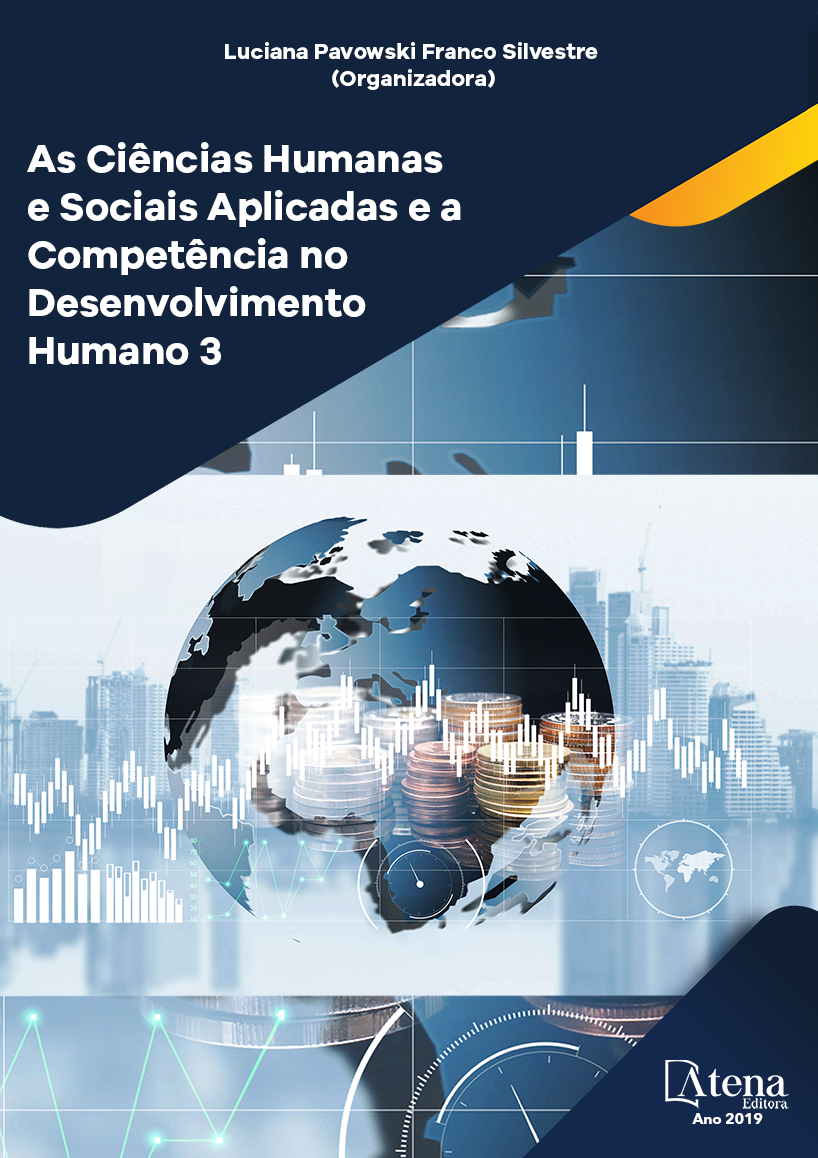
TERRA INDÍGENA MARÓ E CONFLITO SOCIOAMBIENTAL NA GLEBA NOVA OLINDA: UM OLHAR ETNOGRÁFICO
O presente trabalho tem como
objeto um conflito socioambiental em curso na
Gleba Nova Olinda, município de Santarém,
Pará, envolvendo atores sociais com distintos
modos de relacionamento ecológico com o
território em disputa: indígenas, extrativistas,
empresas madeireiras, administração pública e
o judiciário. Nesse conflito, a dinâmica territorial
dos povos indígenas Borari e Arapium, que
lutam pela demarcação da Terra Indígena Maró,
encontra-se em colisão frontal com os interesses
econômicos de empresas madeireiras que
atuam na área. Apoiadas por tais empresas,
um conjunto de associações agroextrativistas
da Gleba Nova Olinda propuseram ação na
Justiça Federal de Santarém para anular os
atos de reconhecimento do território indígena.
O Judiciário, chamado para resolver o conflito,
prolatou uma sentença que declarou não haver
povos indígenas na área, mas sim populações
tradicionais ribeirinhas. Diante desse cenário, o
presente trabalho faz uma análise etnográfica
sobre os discursos contidos no processo judicial
que questionou a demarcação da Terra Indígena
Maró, sobretudo o discurso do juiz responsável
pelo caso. Busca-se, a partir do embate travado
no processo, realizar uma descrição densa do
conflito socioambiental na Gleba Nova Olinda e
dos seus significados socioculturais, políticos e
territoriais.
TERRA INDÍGENA MARÓ E CONFLITO SOCIOAMBIENTAL NA GLEBA NOVA OLINDA: UM OLHAR ETNOGRÁFICO
-
DOI: 10.22533/at.ed.1741906078
-
Palavras-chave: conflito socioambiental, direitos indígenas, Terra Indígena Maró.
-
Keywords: socio-environmental conflict, indigenous rights, Maró Indigenous Land.
-
Abstract:
The present work has as object
an ongoing socioenvironmental conflict in Gleba
Nova Olinda, county of Santarém, Pará, involving
social actors with different modes of ecological
relationship with the territory in dispute:
indigenous, extractive, logging companies,
public administration and the judiciary. In this
conflict, the territorial dynamics of the Borari
and Arapium indigenous peoples struggling
for the demarcation of the Maró Indigenous
Land are in direct collision with the economic
interests of timber companies operating in the
area. Supported by these companies, a group of
agro-extractive associations of the Gleba Nova
Olinda proposed action in the Federal Court of
Santarém to annul the acts of recognition of the
indigenous territory. The Judiciary, called to resolve the conflict, issued a ruling declaring
that there were no indigenous peoples in the area, but rather traditional riverside
populations. Faced with this scenario, the present work makes an ethnographic analysis
on the discourses contained in the judicial process that questioned the demarcation
of the Maró Indigenous Land, especially the speech of the judge responsible for the
case. It seeks, from the clash in the process, to carry out a dense description of the
socio-environmental conflict in Gleba Nova Olinda and its socio-cultural, political and
territorial meanings.
-
Número de páginas: 15
- IB SALES TAPAJÓS


